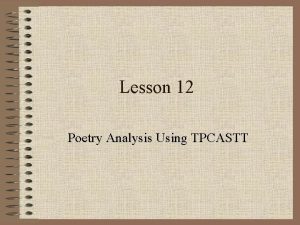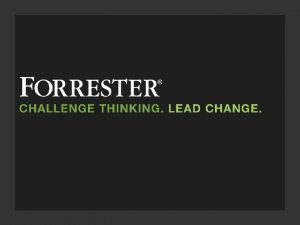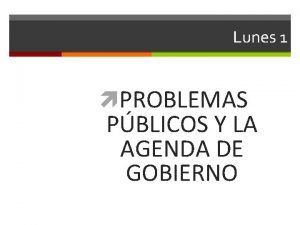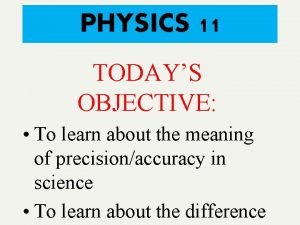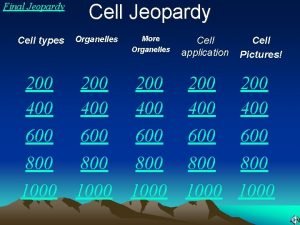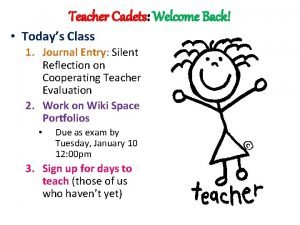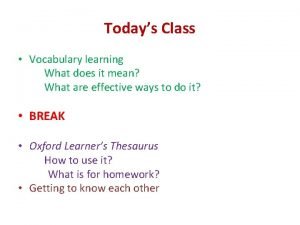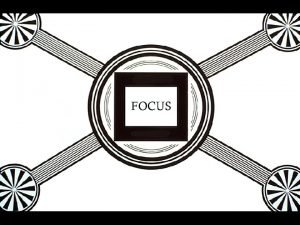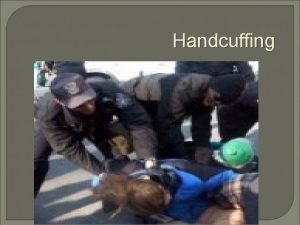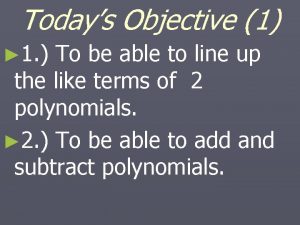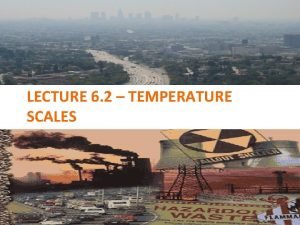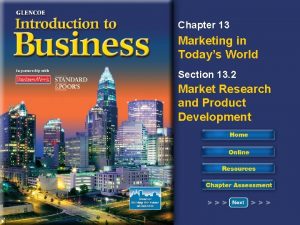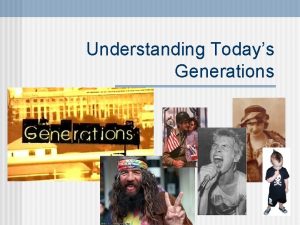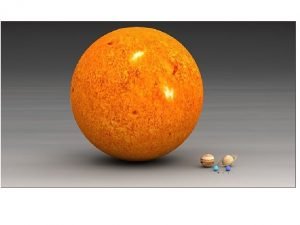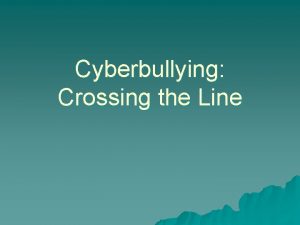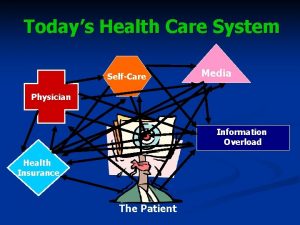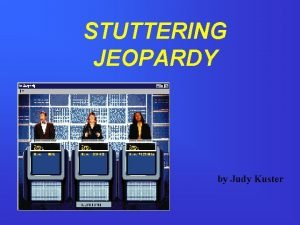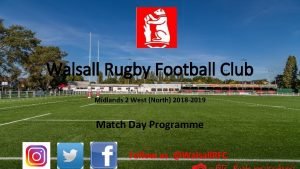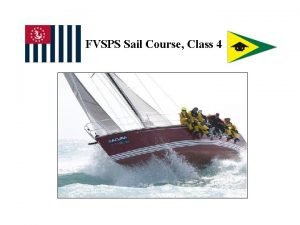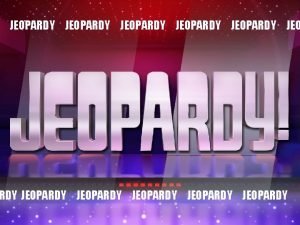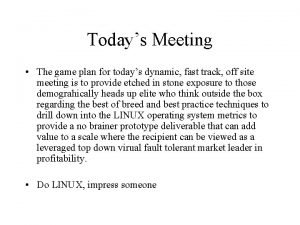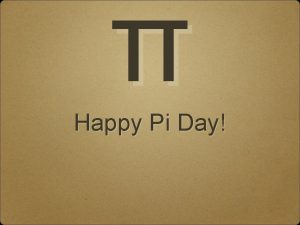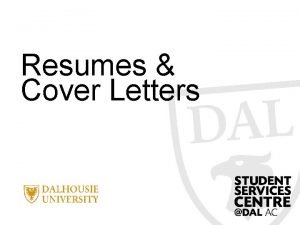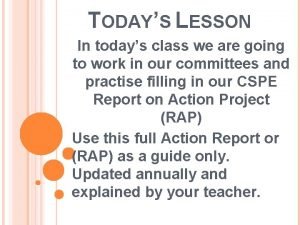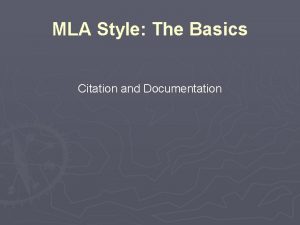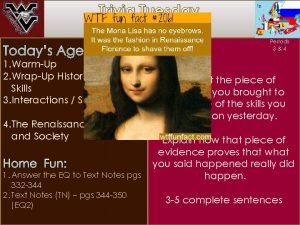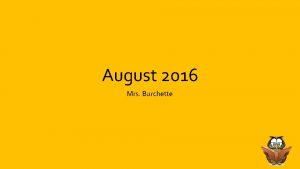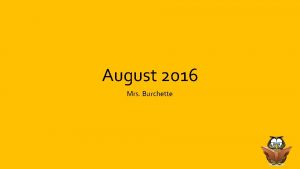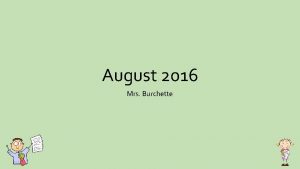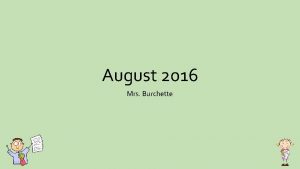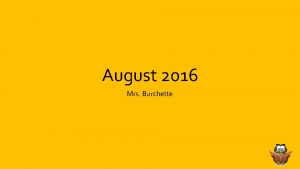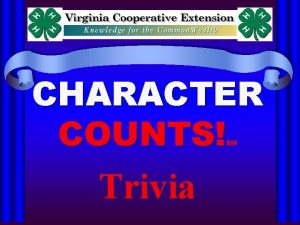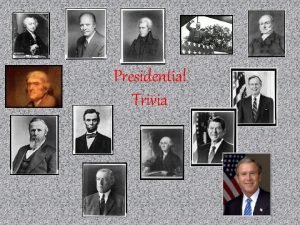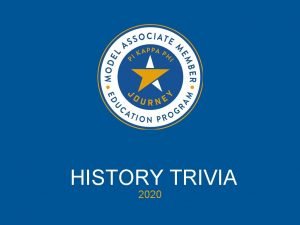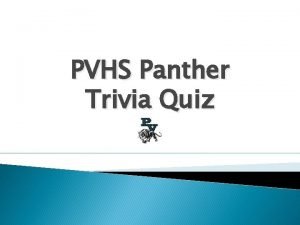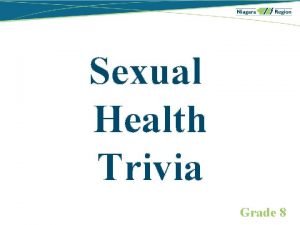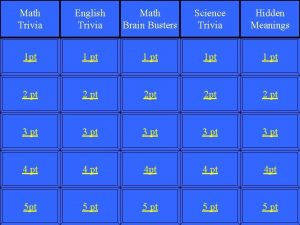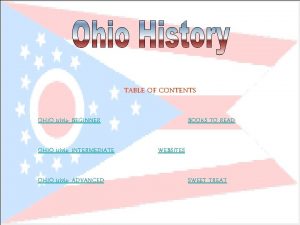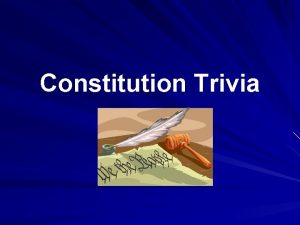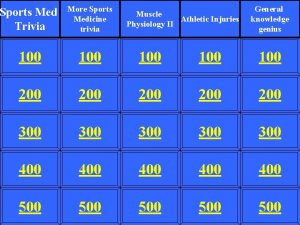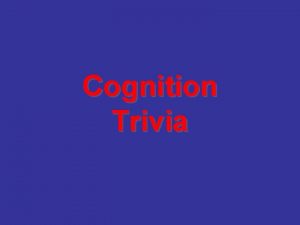Trivia Tuesday August 13 2016 Todays Agenda 1






![The Renaissance • French for “rebirth” – (from re [again ] and nascere [to The Renaissance • French for “rebirth” – (from re [again ] and nascere [to](https://slidetodoc.com/presentation_image/66a3ec99764723061fb8d5c74f9d4438/image-7.jpg)



























- Slides: 34

Trivia Tuesday August, 13, 2016 Today’s Agenda: 1. Warm-Up 2. Wrap-Up Historical Thinking Skills 3. Interactions / Summary 4. The Renaissance – Meaning and Society Home Fun: 1. Answer the EQ to Text Notes pgs 332 -344 2. Text Notes (TN) – pgs 344 -350 (EQ 2) Warm Up: Periods 3&4 Take out the piece of evidence you brought to prove one of the skills you worked on yesterday. Explain how that piece of evidence proves that what you said happened really did happen. 3 -5 complete sentences

Humanism and the Italian Renaissance

The Middle Ages Talk in your groups and come with at least 3 characteristics of the Middle Ages (think of your summer work. How were people divided? How did people make money? Who/what dominated European life? What problems did Europe Face?

Middle Ages Vs. Renaissance Middle Ages (pre – 14 th C) Renaissance - (post 14 th C) – fragmented, feudal society – political centralization, nationalist feelings – agricultural economy – urban, commercialcapitalist economy – church-dominated thought, culture – Calamitous – growing lay/secular control of thought & culture • Black Death • 100 Years Wars – Conflict – Italy consistently invaded

Feudalism – a social and political structure Renaissance Social Structure

Trivia Tuesday August, 13, 2016 Warm Up: Today’s Agenda: 1. 3 Gratitude's / Warm-Up 2. The Renaissance Home Fun: 1. Terms – due Friday 2. Work on interactions and the EQ for your first set of notes Periods 3&4 Read over your notes. Highlight important information (use a color coding, at least 4 colors – dates, people, events, important terms) and add in your interactions. Write down three interesting things you learned about the renaissance and why they are important. 3 -5 complete sentences
![The Renaissance French for rebirth from re again and nascere to The Renaissance • French for “rebirth” – (from re [again ] and nascere [to](https://slidetodoc.com/presentation_image/66a3ec99764723061fb8d5c74f9d4438/image-7.jpg)
The Renaissance • French for “rebirth” – (from re [again ] and nascere [to be born]) • Origins: Italy, 14 th c. • “High Renaissance, ” 1450 -1527 – Art flourished most during this period

• Milan – Sforza Family – One of the richest cities, it controls trade through the Alps. • Venice – Sitting on the Adriatic, it attracts trade from all over the world. • Florence – De Medici Family – Controlled by the De Medici family Bankers, who became great patrons of the arts. • Genoa – • Had Access to Trade Routes All of these cities: – Had access to trade routes connecting Europe with Middle Eastern markets – Served as trading centers for the distribution of goods to northern Europe – Were initially independent citystates governed as republics

Understanding the Renaissance The Values: I. Humanism II. Individualism III. Secularism The Vehicles: IV. Commerce V. Invention

Classical Studies • Humanism – “the study of humanity” – From studia humanitatis • coined by Cicero to describe the education of a cultivated human being • Classics – Prominent works of Greek, Roman , and Biblical literature – Emphasis: original languages

Classics in the Christian Era St. Basil the Great (c. 333 -379) – Bishop and Theologian • Address to Young Men on the Right Use of Greek Literature

Classics in the Christian Era St. Thomas Aquinas (1225 -1274) – Summa Theologica Attempted to reconcile Aristotle’s philosophy with Christian teaching

Classics in the Christian Era Classical literature seen as a means to an end …

The Rebirth of Classical Studies Petrarch (c. 1304 -1374) – “Father of Humanism” – “The First Tourist” Recovered crumbling Latin texts, including some of Cicero’s works “Dark Ages” Petrarch

The Rebirth of Classical Studies “Each famous author of antiquity whom I recover places a new offence and another cause of dishonor to the charge of earlier generations, who, not satisfied with their own disgraceful barrenness, permitted the fruit of other minds, and the writings that their ancestors had produced by toil and application, to perish through insufferable neglect… they robbed posterity of its ancestral heritage. ” Petrarch Read Petrarch’s Letter to Posterity

The Robbery The Periochae of Livy http: //www. livius. org/li-ln/livy/periochae The Fall of Carthage as summarized by some unknown medieval monk: When Hasdrubal surrendered to Scipio during the final stage of the siege, his wife, who had -only a few days beforebeen unable to convince her husband to escape to the victor, threw herself from the citadel into the flames of the burning city with her two children.

Greek Literature Fall of Constantinople (1453) – Turks close Christian universities – Greek scholars flee to Italy with Ancient texts – Plato’s complete works translated into Latin for the first time.

! E P O N

Textual Criticism Lorenzo Valla Discourse on the Forgery of the Alleged Donation of Constantine [Text]

The Rebirth of Human Dignity Pico della Mirandola (1463 -1494) – Oration on the Dignity of Man • The “Manifesto of the Renaissance” – 900 Theses • Syncretism Pico Note Classical Lettering

The Great Chain of Being The Medieval Worldview

Even the angels envy us…

Secularism Although Petrarch and other Renaissance humanists were devout Christians, they studied the classics for his own enjoyment and edification… an end in themselves. NOTE: Secularism does not necessarily imply an anti-religious or irreligious mindset. Petrarch

Africa Poet Laureate Petrarch’s epic poem, written in Latin, about the exploits of Scipio Africanus during the Second Punic War

Canzoniere Poet Laureate Collection of Petrarch’s vernacular poetry – Mostly Sonnets – Mostly to “Laura” Links: • English/Italian • Full English Text • Full Italian Text

Laura The Love of Petrarch’s Life Laura, illustrated by her virtues and well -celebrated in my verse, appeared to me for the first time during my youth in 1327, on April 6, in the Church of Saint Claire in Avignon, in the first hour of the day; and in the same city, in the same month, on the same sixth day at the same first hour in the year of 1348, withdrew from life, while I was at Verona, unconscious of my loss. . Her chaste and lovely body was interred on the evening of the same day… her soul, as I believe, returned to heaven, ? http: //petrarch. petersadlon. com/laura. ht ml

Healthy Thought Thursday August, 18, 2016 Warm Up: Today’s Agenda: 1. 3 Gratitude's / Warm-Up 2. Comparing the Middle Ages and Renaissance 3. Critical Reading Home Fun: 1. Read, mark and annotate document packet Periods 3&4 How did the Renaissance change European life? Use at least three vocabulary words correctly while answer this question. 5+ sentences

CIVIC VIRTUE The Art of Leadership

http: //www. armenian-history. com/Nyuter/HISTORY/Armenia. BC/Roman_Empire_map. png

Machiavelli The Prince – Advice to rulers • “Machiavellian” – The end justifies the means

Baldassare Castiglione The Book of the Courtier – A guide on how to be a respectable (and respected) gentleman (or lady) Portrait of Baldassare Castiglione by Raphael

Commerce Usury – Lending money with interest Prohibited by RCC during Middle Ages – LIMITED INVESTMENT Medici Family – Prominent in Florence , Italy – Medici Bank – Patrons of the Arts Lorenzo de Medici

Invention Printing Press – 1454 – Gutenberg experiments with movable type – Gutenberg Bible (1456) • About 180 copies produced Information can spread more quickly than ever before… and at a fraction of the cost!

 Todays agenda
Todays agenda Martech 2016 agenda
Martech 2016 agenda Agenda sistemica y agenda institucional
Agenda sistemica y agenda institucional Todays objective
Todays objective Organelle that modifies packages and transports
Organelle that modifies packages and transports Welcome to today's class
Welcome to today's class Todays class
Todays class Todays sabbath lesson
Todays sabbath lesson Good morning student how are you
Good morning student how are you Handcuff nomenclature
Handcuff nomenclature Todays worldld
Todays worldld Todays objective
Todays objective Whats todays temperature
Whats todays temperature Todays objective
Todays objective Chapter 13 marketing in today's world
Chapter 13 marketing in today's world Todays objective
Todays objective Todays objective
Todays objective Todays generations
Todays generations Todays planetary position
Todays planetary position Todays objective
Todays objective Todays health
Todays health Stuttering jeopardy game
Stuttering jeopardy game Today's public relations departments
Today's public relations departments Walsall rugby club
Walsall rugby club Todays jeopardy
Todays jeopardy Todays weather hull
Todays weather hull Define radient energy
Define radient energy Todays whether
Todays whether Todays jeopardy
Todays jeopardy For today's meeting
For today's meeting Todays plan
Todays plan Objective in resume
Objective in resume How was today's class
How was today's class Title page example mla
Title page example mla Today's objective
Today's objective
